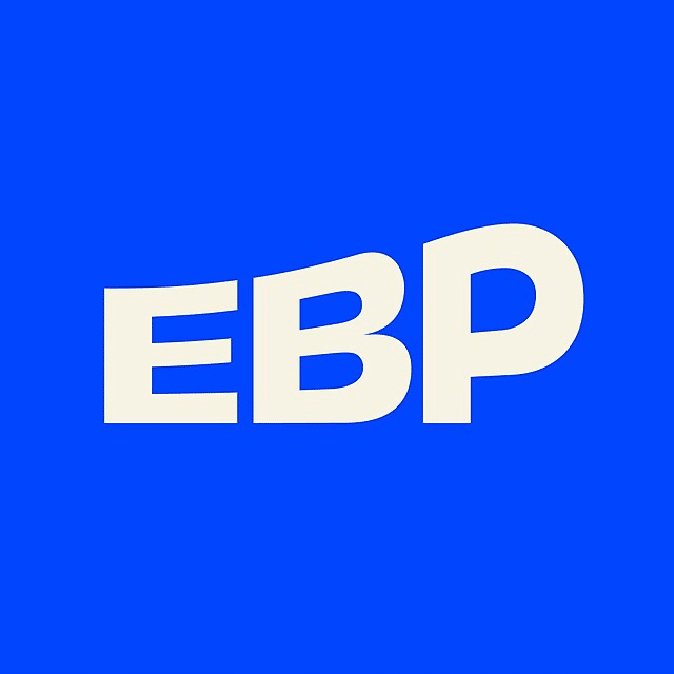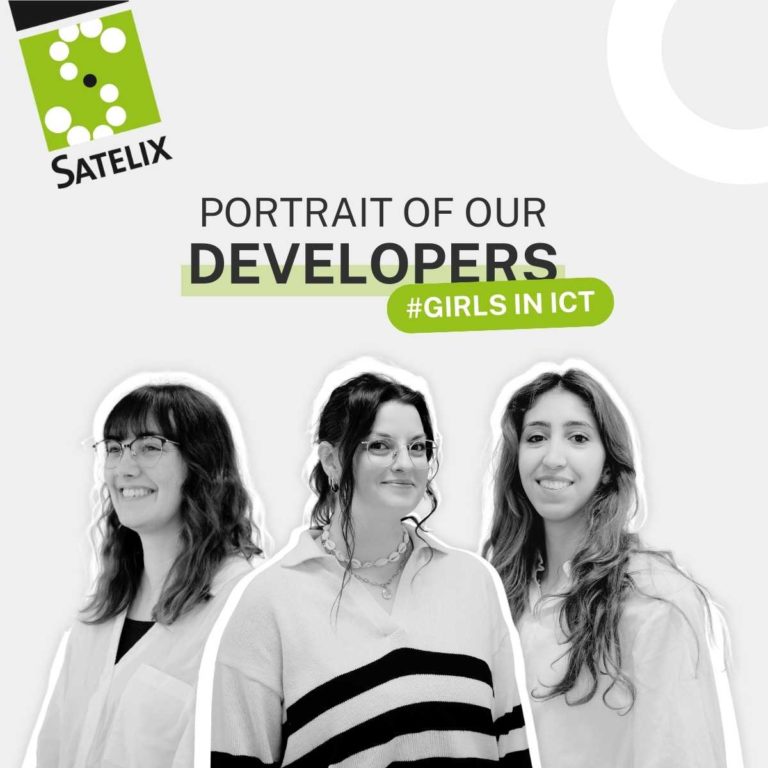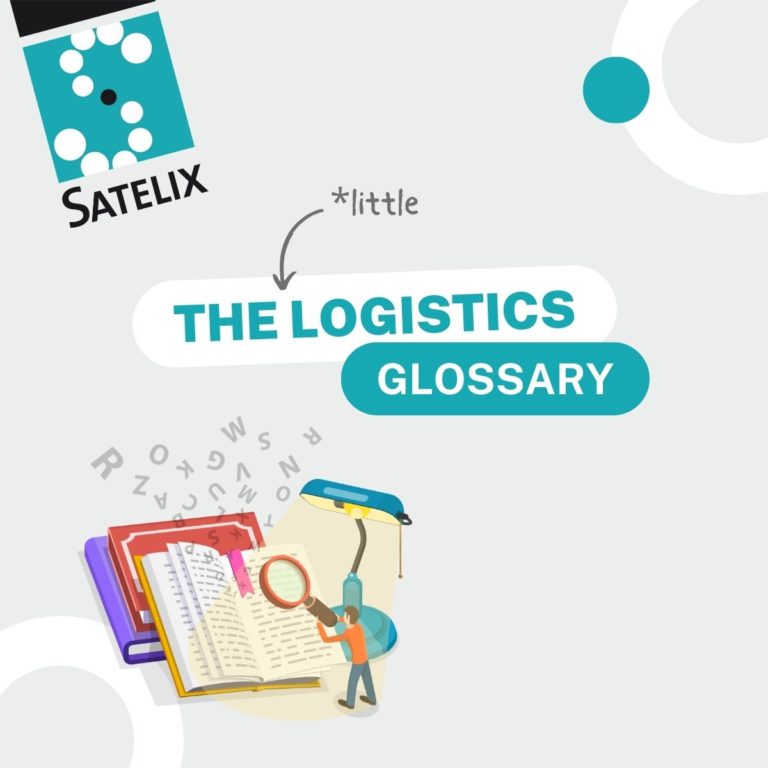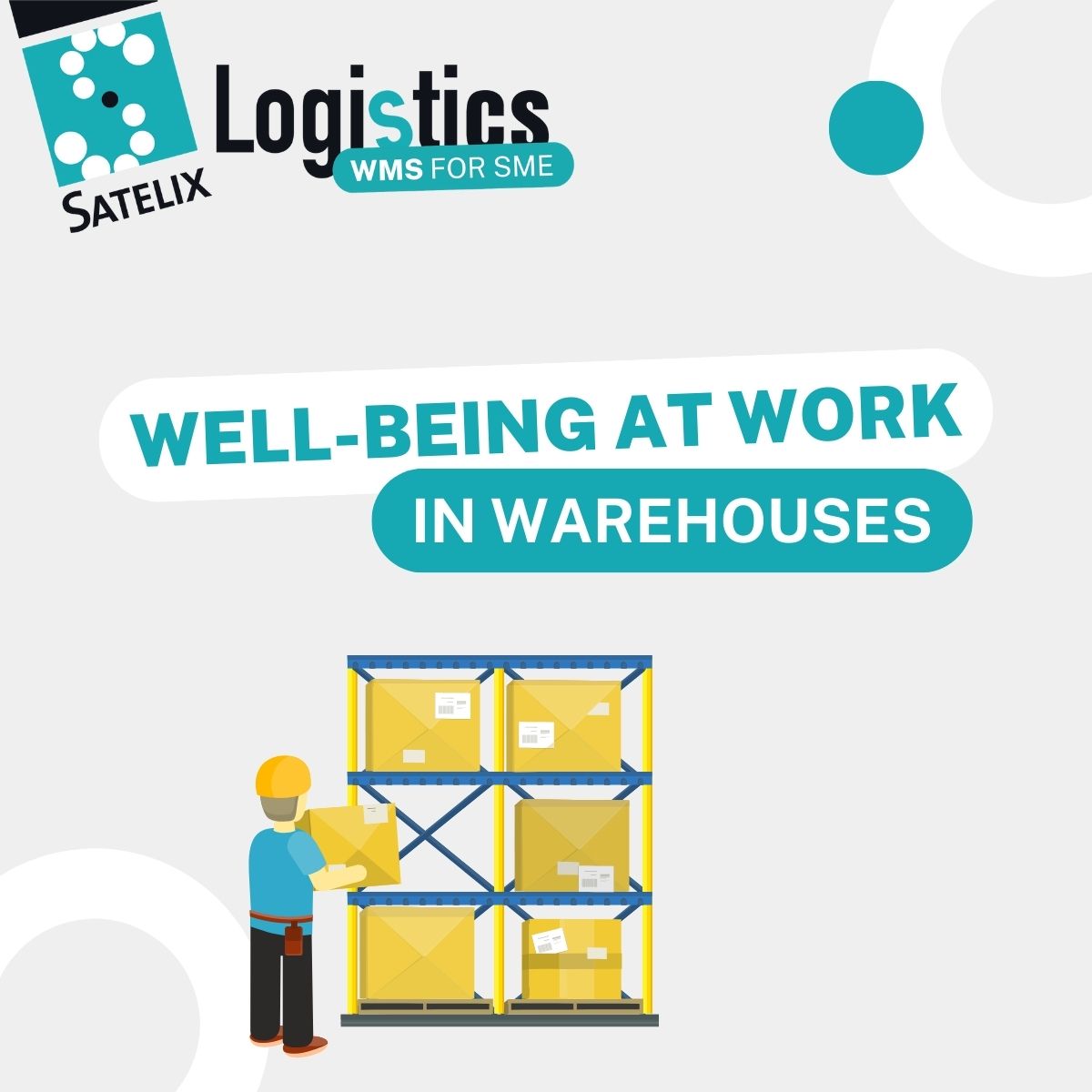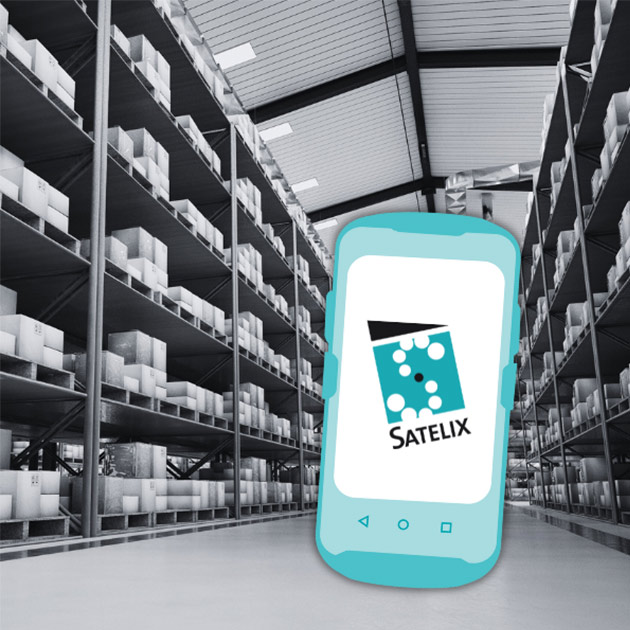An ERP system (Enterprise Resource Planning) is often the first digital tool a small or medium-sized business adopts to structure its operations. Versatile and centralised, it enables overall business management. But when it comes to handling warehouse operations in detail, the ERP can quickly show its limits. So, why is an ERP system no longer sufficient to manage your warehouse effectively? And how can a WMS complement it? Let’s take a closer look.
ERP: A crucial foundation… but to generalist
ERP: A cross-functional tool…
An ERP is an integrated management system. It centralises and automates core business processes such as:
- Accounting
- Purchasing
- Sales
- Stock management
- Human resources…
In short, it offers a global view—ideal for managing strategy and overall operations.
…But too ‘macro’ for warehouse management
Where the ERP excels in administrative tasks, it tends to fall short in logistics execution:
- It doesn’t manage actual stock locations within the warehouse
- It’s not designed for order picking or complex order preparations
- It lacks real-time traceability
- Internal stock movements are often recorded manually
The consequences? Time loss, errors, stockouts… and a warehouse that struggles to keep up with business growth.
WMS: A solution dedicated to warehouse efficiency
What is a WMS?
A WMS (Warehouse Management System) is a software tool designed specifically for managing warehouse operations. It steps in where the ERP leaves off:
- Real-time tracking of stock movements
- Optimised storage and picking paths
- Guided order preparation
- Traceability at every step
- Faster, more accurate inventories
WMS + ERP: The winning combination
It’s important to understand that the WMS doesn’t replace the ERP—it complements it intelligently.
The ERP remains your central management system, while the WMS focuses on on-the-ground execution. Together, they communicate and synchronise, ensuring a seamless supply chain with no duplicated efforts.
👉 For a more detailed comparison of the two solutions, click here.
Example:
Let’s take a typical SME scenario:
| Without a WMS | With a WMS |
| A customer order is recorded in the ERP.
The warehouse receives a printed picking list. The operator manually searches for products, sometimes misplaced. Frequent errors and inaccurate stock levels. Stocktakes take days and are unreliable. |
The warehouse operator is guided in real time via a mobile terminal.
Picking paths and stock locations are optimised. Stock movements are tracked automatically. Error rates reduced by over 90%. Improved accuracy and productivity. |
SMEs: Why an ERP alone is no longer enough?
For SMEs, every logistical error has a cost. A delivery delay, a missing item, or a stock shortage can have a direct impact on customer satisfaction and margins.
While the ERP is essential for managing your business, it no longer meets the increasing demands for speed, accuracy, traceability, profitability.
✅ That’s where a WMS like Satelix WMS comes in. It allows you to professionalise your warehouse without unnecessary complexity or heavy investments. It adapts to your organisation and delivers visible results in just a few weeks.
In summary
| Function | ERP | WMS |
| Purchasing / Sales Management | ✅ | ❌ |
| Global stock overview | ✅ | ✅ |
| Bin / location management | ❌ | ❌ |
| Real-time traceability | ❌ | ✅ |
| Optimised order prepration | ❌ | ✅ |
| Automated inventories | ❌ | ✅ |
Bottom line: If you want to manage your warehouse efficiently, an ERP alone isn’t enough.
The WMS is the key to operational excellence.
Satelix WMS: Built for SMEs
At Satelix, we’ve been helping SMEs digitalise their warehouse processes for over 20 years, with a WMS solution that is:
- Mobile
- Quick to deploy
- Easy to use
- Natively connected to your ERP (check out our list of connectors)
Unlock the power of Satelix WMS
Want to learn more about logistics? Sign up for our free newsletter via LinkedIn to receive insights, tips and industry news.
Enjoyed this article? Follow us on LinkedIn to keep up with our latest updates! 😌


